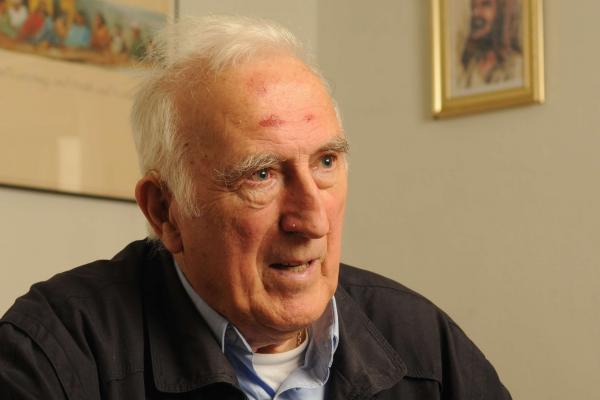On Saturday, L’Arche International — a network of more than 154 communities in 38 countries where people with intellectual disabilities and those without intellectual disabilities live together in community to "work together to build a more human society" — announced the results of an investigation it commissioned last year into L’Arche founder Jean Vanier, who died in 2019. The investigation revealed that that Vanier “has been accused of manipulative sexual relationships and emotional abuse between 1970 and 2005, usually within a relational context where he exercised significant power and a psychological hold over the alleged victims,” as Tina Bovermann, Executive Director of L’Arche USA put it in a letter describing the investigation and its findings.
Read the Full Article

